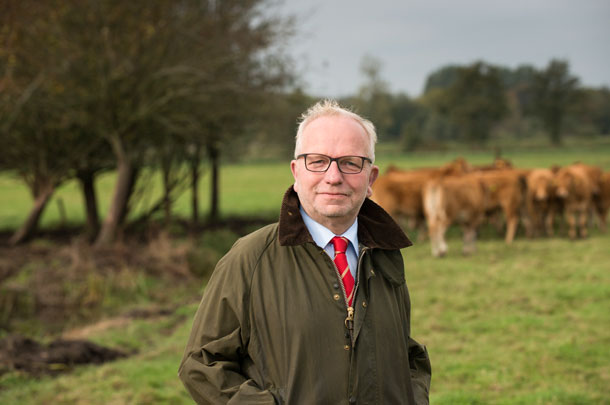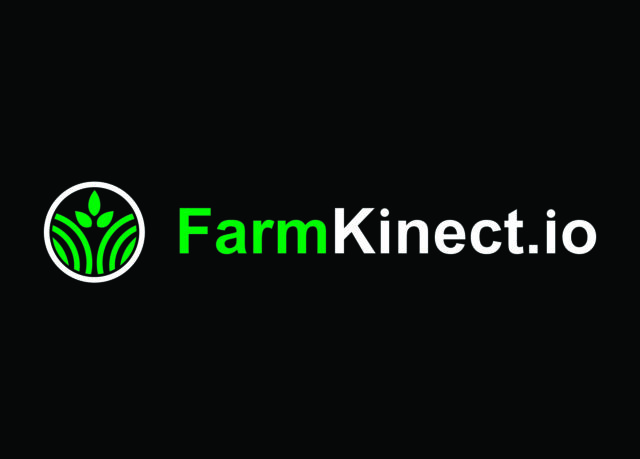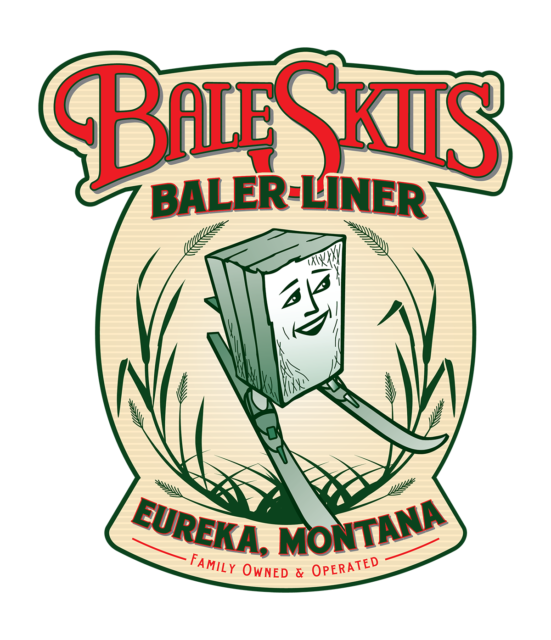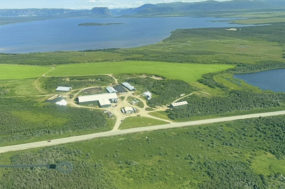Pre-conference activities on March 8 include a tour of three local dairy farms and a workshop focused on cow comfort.
Topics of this year’s seminar sessions include nutrition, research, animal welfare, reproduction, health and transition cow management. The opening plenary session will feature three key issues facing the industry: Europe’s dairy industry, GMOs and antibiotic resistance. Below, the presenters on these topics answer a couple of questions about their presentations.
Further details about the entire event are available online. For additional conference information, contact Kate Davies, conference coordinator, by email or call (780) 492-3236.

The European Dairy Industry Post-Supply Management
Albert Jan Maat, LTO Nederland (Dutch Federation of Agricultural and Horticultural Organizations)
Why is this topic important?
MAAT: A lot has changed over the last year for European dairy farmers. The milk quota, which regulated production in Europe for many years, has ended – and price volatility struck the farmers right away. This made some people doubt whether the change in policy has been the right thing to do. In the Netherlands, we think it is a good thing the quota ended. Our farmers are entrepreneurs who know how to deal with the market going up and down. However, the differences between European countries are huge. Not only in farm structure but also culture-wise. How to cope with this situation is the challenge European policymakers are facing. For this, we also look to what happens in other parts of the world, like Canada. What can we learn from each other?
What do you hope attendees will take away from this presentation?
MAAT: Free trade is a great thing. It enables us to bring our goods around the globe and to learn from each other. However, what we do not want is that farming becomes a monoculture, with only dairy production in Europe and only beef in Canada, for example. This is because farmers provide food security, keep our rural areas alive, maintain the landscape and provide solutions to world problems like climate change. I hope my attendees will think together with me on how to make sure farmers stay entrepreneurs, and a flanking agricultural policy enables them to provide those other features as well.

GMOs – Food Supply Saviour or the Devil in Disguise?
Margaret Smith, Cornell University
Why is this topic important?
SMITH: While many farmers in North America have adopted genetically engineered crop varieties, and they are planted on a large share of our crop acreage, there are sectors of the general public that remain very concerned about whether these varieties are a good thing and whether their food and feed products are safe. A better understanding of what genetically engineered crops are, how they fit into the long history of crop genetic improvement by humans, where and in what forms they are found in our food system and what we know about their risks and benefits should contribute to more thoughtful dialog about this technology.
What do you hope attendees will take away from this presentation?
SMITH: I hope attendees will gain an understanding of the depth of human alteration of crop genetics over thousands of years, the ways in which genetic engineering is different from previously used tools for genetic improvement and the ways in which it is similar, the range of crops currently commercially available as genetically engineered varieties and the reasons for opposing viewpoints on genetically engineered varieties. An understanding of how and why others might view this technology differently is essential to engaging in constructive dialog with people whose perspectives are different from our own. I hope attendees will begin to grasp some of the logic behind others’ viewpoints on this issue.

Antibiotic Resistance in Humans – Does Animal Agriculture Contribute to the Problems?
Tim McAllister, Agriculture & Agri-Food Canada
Why is this topic important?
MCALLISTER: Antimicrobial resistance is a global problem facing humanity with the potential threat of returning medical science to the pre-antibiotic area. Estimates of deaths due to antimicrobial-resistant infections have been estimated as potentially reaching 10 million people per year by 2050 with an accumulated cost of $100 trillion in lost productivity and medical costs.
Livestock production accounts for the largest volume of use of antimicrobials but generally uses those antimicrobials that are not the last-resort antimicrobials for treating infections in humans. However, antimicrobial resistance is an evolving phenomena, so it is imperative antimicrobials be used in a prudent and responsible manner in dairy cattle production.
Having an appreciation of those antimicrobials used in dairy that have the greatest relevance to human health is part of this prudent-use strategy. Responsible antimicrobial use will ensure these products will continue to be available to promote dairy cattle health and will reduce the likelihood that such use will have negative implications for human health.
What do you hope attendees will take away from this presentation?
MCALLISTER: That prudent use of antimicrobials is an important practice in dairy cattle production. Members will gain an idea of which of the antimicrobials they use have implications for human health and why it is important to minimize their use. Key points include:
- Antibiotics are important tools for managing disease in dairy cattle.
- Bacterial evolution invariably results in some degree of antibiotic resistance.
- Prudent use of antibiotics can reduce the risk and extent of antibiotic resistance.
- Antibiotics should not be used as a substitute for good management practices. PD









